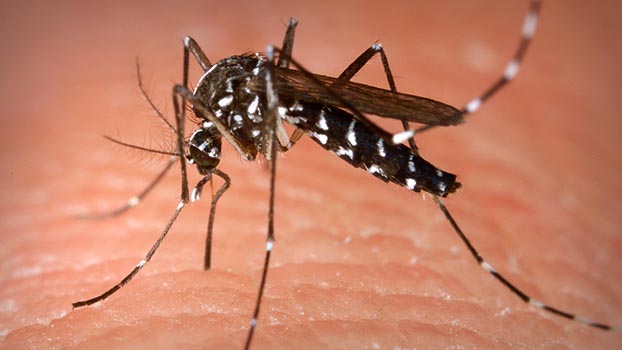How to control dengue mosquito

Dengue is a cause of public health concern in Bangladesh as it affects hundreds of thousands of people every year since the outbreak of the fever in 2000.
Last year it took an appalling turn with over 100,000 patients being hospitalised. It has shaken the entire health system.
The IEDCR confirmed only 148 deaths after analysing 234 till December 31. Media citing hospitals’ document, however, said the figure would be much higher.
This year the health authorities also raised alarm that the mosquito-borne disease can strike with its full virulence again amid the ongoing coronavirus pandemic crisis. As of Tuesday, the health directorate confirmed 302 patients this year.
Controlling the Aedes Egypti mosquito is the key.
Municipality authorities were seen last year struggling to bring in new insecticides as they mainly depend on fogging to kill Aedes mosquitoes.
There is a general perception that the fogging by the municipalities on the streets can kill the Aedes mosquito that causes dengue.
But the World Health Organisation expert suggests different measures since this mosquito stay inside the home in dark places.
Dr B N Nagpal, senior entomologist of WHO Southeast Asia region, last year busted the myths of Aedes mosquito control at an event in Dhaka when the government was grappling to control the disease.
Dr Nagpal has a 40 years experience of working as an entomologist. This correspondent attended his special lecture on Aug 5 last year in Dhaka.
He had said fogging on the street and open areas is a myth.
“Clean your own house and spray aerosol in the morning and evening because Aedes rest inside the house,” he said.
But he said the source detection of the dengue mosquito breeding is the key. It can breed even in 2ml water which means in a cap of a water bottle.
He said dengue mosquitoes lay eggs not directly inside the water. They lay eggs on the brim where those eggs can survive as long as one year and when flooded or when the container is fully poured, eggs hatch rapidly.
This mosquito does not rest on walls. It rests under the tables, beds, sofas, curtains, hanging clothes and dark places which mean you have to spray in those places.
The WHO expert’s message:
• Clean your house once a week for one hour
• Dengue mosquito breeds inside homes, even in 2 ml water or in a small water bottle-cap
• Dengue mosquito does not sit on walls
• It rests under the bed, sofa, chair, table, or behind the curtain or hanging clothes. Spray aerosol in those places
• Aerosol spray inside homes is more effective after sunrise and before sunset
• For larvicide, WHO suggests the use of Temephos 1 gram in 10 litres of water
He said that the larvicide would not be effective “unless you put right medicine in right dose and in right way. You will be only polluting the environment”.
“This is very important for Aedes mosquito,” he said, adding that WHO suggests use of Temephos 1 gram for 10 litre water for larvicide.
He said in fogging ingredients over 95 percent is diesel or kerosene. “We all are inhaling those and getting respiratory diseases and heart problems,” he said, “WHO totally stopped recommending fogging”.
He said this mosquito never breeds in drains, ponds, lakes, rivers, pits, and garbage. “Those are Culex mosquito.”
“Mosquitos are generally found in areas where the air is relatively static and the humidity is high.”
“Male does not suck blood. Female prefers to feed on human. Its biting activity peaks after sunrise and two hours before sunset.
“They can disperse maximum three to four hundred meters.
“Eggs can be transported long distances in dry conditions,” he said, suggesting scribing the brim of water pots, glasses.
He said male Aedes mosquito survives 7 to 10 days while the female that sucks blood survives four to six weeks.
“They bite every alternate day. Each oviposition (laying of eggs) is followed by another blood meal”.
“They need blood for laying eggs. To get that required blood, one female mosquito can bite from five to 17 people because since they bite in daytime when one person feels the pain of piercing the blood vessel, they react and the mosquito flies away, and sits to another person. In this way it goes person to person to complete its blood need.
He also suggested cleaning the outer side of the overhead water tanks.
Even the drop of rain water accumulates in steel gates outside the home can be the breeding ground of Aedes mosquito.
He said aerosol spray inside the home is “more effective” after sunrise and before sunset.




